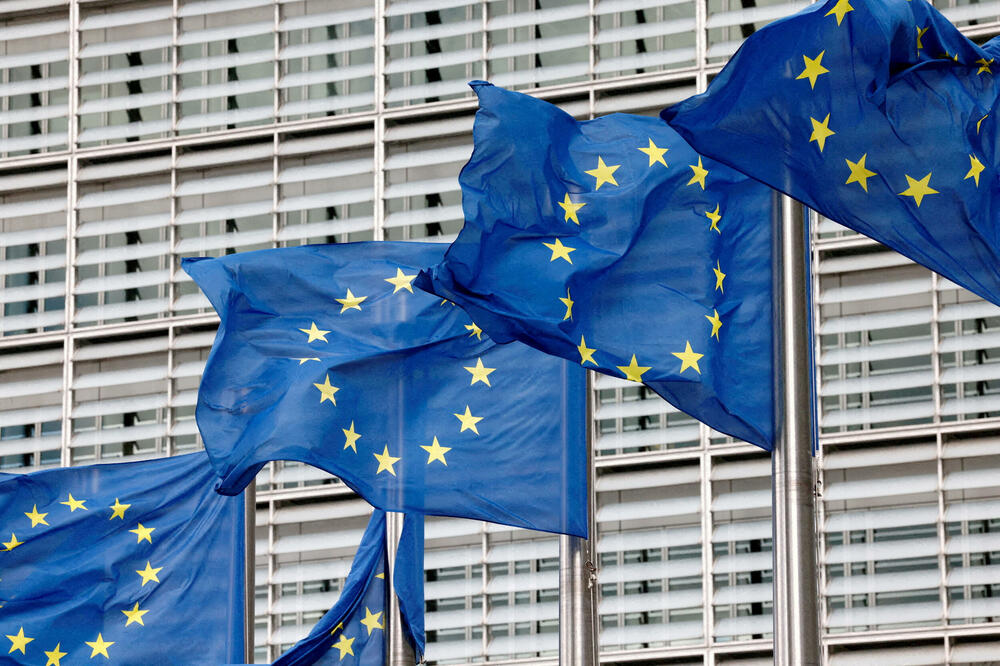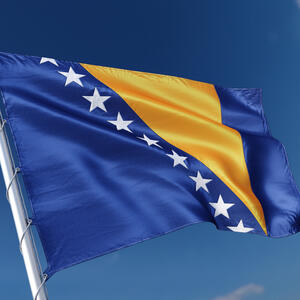The Council of the European Union (EU) has extended the framework of sanctions for Bosnia and Herzegovina for another two years, this institution announced today.
Bosnia and Herzegovina will remain under EU sanctions until March 31, 2026.
The sanctions framework means that the EU leaves open the possibility of sanctioning persons it considers to be working against the state of Bosnia and Herzegovina.
"The EU will preserve its ability to impose targeted restrictive measures against individuals or entities that undermine the sovereignty, territorial integrity, constitutional order and international subjectivity of Bosnia and Herzegovina," the statement said.
The EU adds that it decided to take this step "given the situation in Bosnia and Herzegovina".
"Restrictive measures may also be imposed against those who seriously threaten the security situation in the country, or undermine the Dayton/Paris General Peace Agreement," the statement added.
They explain that the measures include "the freezing of assets, the ban on making funds available, and the ban on travel to the EU for natural persons".
The last time, the measures were extended in 2022, also for a two-year period.
Back in 2011, the EU established a framework of sanctions for BiH, which gives it the opportunity to introduce restrictive measures against persons who threaten the security of the country, or undermine the Dayton Agreement.
It is an empty list, to which names can be added if necessary.
Peter Stano, EU spokesman, told RSE earlier that it is up to the member states of the Council of the EU to decide when to start discussions on putting people on that list.
The European Parliament has previously repeatedly called for sanctions against the pro-Russian President of Bosnia and Herzegovina. entity Republika Srpska, Milorad Dodik, who is under sanctions from the United States and Great Britain due to threats to the Dayton Agreement.
Hungary and its prime minister, Viktor Orbán, who has close ties to Dodik, regularly oppose any concrete decision on the matter.
The EU's decision to impose sanctions on a person must be made unanimously, with the support of all member states.
Bonus video:






